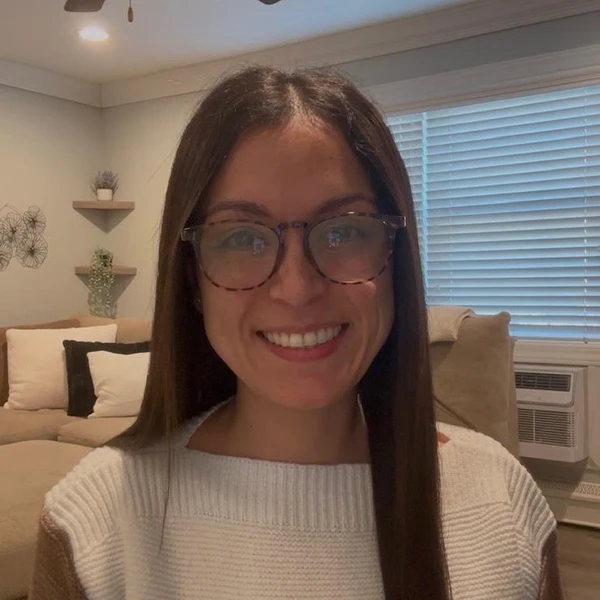
Hobbies and interests
Reading
Meditation and Mindfulness
Soccer
Snowboarding
Pilates
Journaling
Tennis
Spending Time With Friends and Family
Hiking And Backpacking
Running
Reading
Spirituality
Psychology
Self-Help
Academic
Health
Leadership
Science
Stephanie Marie
2,858
Bold Points2x
Finalist1x
Winner
Stephanie Marie
2,858
Bold Points2x
Finalist1x
WinnerBio
Hello, my name is Stephanie, and my journey in healthcare has taught me that healing goes far beyond medicine — it’s about compassion, presence, and truly seeing people for who they are. I’ve witnessed how a simple act of kindness or a moment of understanding can bring peace and strength to someone in their most fragile time.
Pursuing this calling has required immense sacrifice. I’ve given up time with family, precious moments with loved ones, and even the comfort of my dog — all to devote myself fully to learning how to serve others with skill and heart. It hasn’t been easy, but every challenge reminds me why I’m here: to bring hope, care, and dignity to those who need it most.
I am seeking financial support to continue this journey — not just to finish my education, but to keep alive the purpose that drives me: to heal, to advocate, and to make compassion my life’s work.
Education
Western Governors University
Bachelor's degree programMajors:
- Registered Nursing, Nursing Administration, Nursing Research and Clinical Nursing
Miscellaneous
Desired degree level:
Doctoral degree program (PhD, MD, JD, etc.)
Graduate schools of interest:
Transfer schools of interest:
Majors of interest:
Career
Dream career field:
Hospital & Health Care
Dream career goals:
Home health Registered Nurse
Medflyt Agency- Part Time2025 – Present1 year
Sports
Tennis
2010 – Present16 years
Snowboarding
2010 – Present16 years
Soccer
2006 – Present20 years
Research
Neuroscience of emotion, cognition and psychopathology lab
Stony Brook Psychology Lab — Research Assistant2012 – 2013Guanfacine Target Engagement and Validation to Improve Substance Use Outcomes in Women
Stony Brook Psychiatry and Behavioral Health — Research Support Specialist Position2019 – 2019
Public services
Advocacy
International Student Association Wellness Initiative — Wellness Ambassador Leader2025 – PresentAdvocacy
Society of Interventional Radiology — Medical Student Advocate2025 – PresentAdvocacy
American Nurse Association — Nurse Advocate2019 – Present